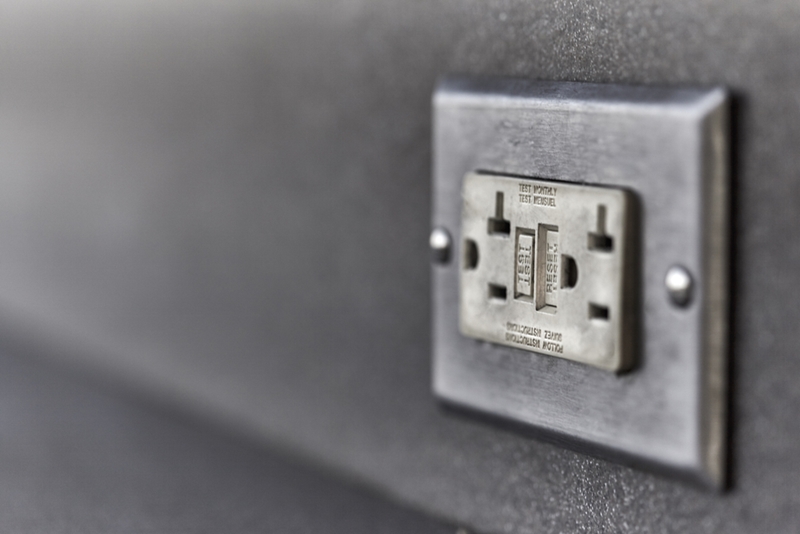The uninterruptible power supply unit is one of the most important pieces of equipment for an organization that relies on a consistent flow of reliable energy. That said, these are obviously very complicated machines and many people don’t know much about them. We’d like to take some time to explain what a UPS can do for your company and why you might need one.
When does a UPS come into play?
To begin, let’s discuss when a UPS would turn on in order to save a system. Although most people think electricity is all the same, the reality is that many countries use different kinds of power. According to the U.S. Department of Energy, American electrical products are built to use 110-120V AC power at 60 Hz. This is a very specific range, and it’s why U.S. devices can’t be plugged into outlets in different countries.

The reason this is important is that fluctuation outside of this window can be very dangerous. A voltage surge can seriously damage a device, while a reduction in voltage won’t allow it to power on correctly. What’s more, there’s always a chance that the electrical connection could be severed entirely, which would cause some serious downtime.
These are the exact problems that a UPS unit can help you avoid. One of these devices can ensure your equipment isn’t damaged by a surge by simply rerouting in its own power supply in exchange for the dangerous electrical spike coming from the grid. On top of that, a UPS unit can tell when the power is shut off and can kick in almost instantaneously, ensuring that the machine you need powered isn’t turned off.
The UPS unit often needs to be cooled
Electricity generates heat, which means that machines that need to operate continuously or for long portions of the day generally tend to get extremely hot. This equipment is therefore hooked up to cooling systems that can ensure their longevity. However, many people simply don’t consider the fact that UPS units need to be cooled.
Perhaps the best example of this is how UPSs are used within data centers. Due to the “always on” nature of these facilities, data center operators spend much of their time ensuring that servers are kept at the right temperature. However, as FacilitiesNet’s Dan Hounsell explained in an article, these administrators very often forget about UPS units, which can have disastrous effects.
Periodic maintenance is essential
While UPS devices are clearly very useful and an absolute necessity in many industries, they also do require some maintenance. On top of that, they’re also incredibly complex machines, and it’s important to have an experienced professional work on them. Therefore, those in the market for a UPS unit should contact an ECS representative today. Our trained UPS experts will be able to ensure that your system stays up and running for as long as possible.

